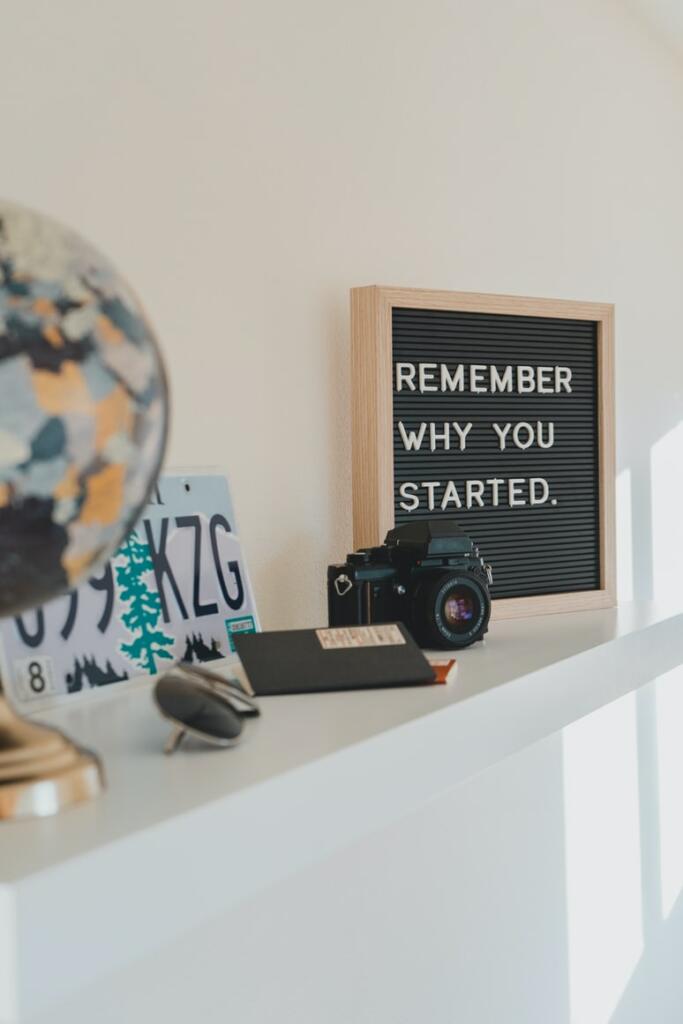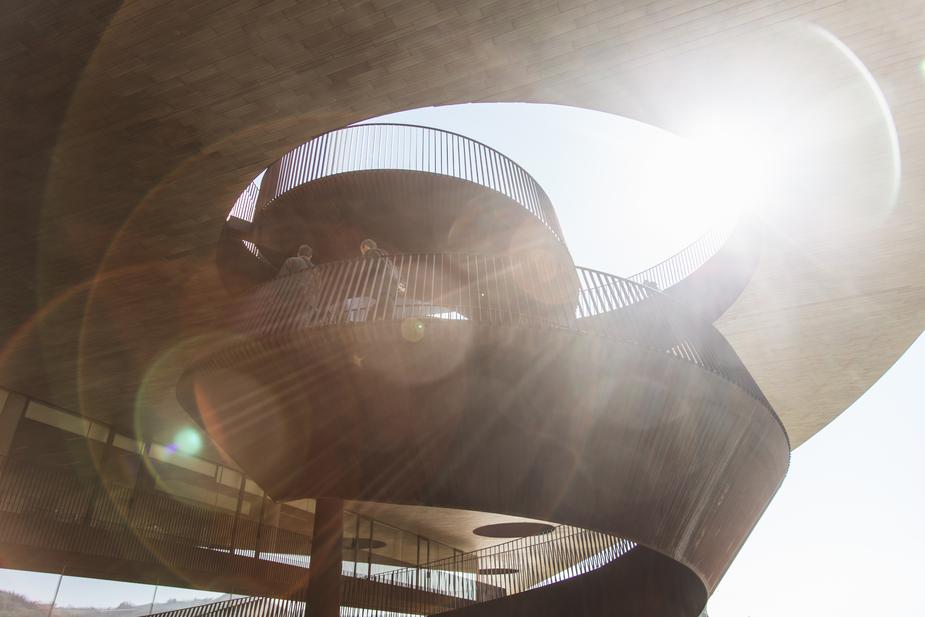There is no single activity that has prepared me for the start of my career in public health more than my experiences as a runner.
People think long distance runners are crazy. “Why are you running in the snow?” “A marathon is how long?!” Training for a race looks like months and months of hard work. I plan the rest of my life around my running schedule, waking up early to fit a run in, going to bed early, and eating everything in sight (okay, maybe this part isn’t ‘hard work’ per say). I study the race course. I train on similar terrain. I practice visualizing how I will mentally respond when my body starts screaming, “I hate you. Please stop”.
But no matter how much preparation I do, there are always factors outside of my control (think freezing rain and debilitating muscle cramps) that threaten to derail my race. Over time, I’ve learned from racing that I can’t control every factor.
In the professional world, there will be speedbumps. Sometimes these will come from lack of preparation, like rushing to finish a report and not catching an error or failing to do your homework before a big meeting. There is much to be learned from these mistakes. Other times, even when you are most prepared, things outside of your control, may get in your way. This could be a project that gets canceled due to funding, or challenging work dynamics that shut down your big idea. I’ve (painstakingly) learned to tell the difference between the things that can and can’t be controlled. This has been instrumental to not letting the setbacks I’ve faced derail my race.
My favourite part of long distance running is the opportunity to race against myself – to continually challenge myself to be better than I was before. But in running, like in one’s career, it’s easy to get caught up in what everyone else is doing. There is a whole sub-culture on social media where every-day-people-turned-brand-endorsed-athletes track their every workout, meal, and outfit. This can be fascinating and, admittedly, very entertaining. But it’s also easy to get into a downward spiral of “so-and-so is doing this, maybe I should do this” and “so-and-so is doing that, maybe I should give that a try”.
I’ve found the same temptations manifested early into my career, especially as everyone around me began exciting new opportunities. What has worked for me is to stay focused on what I was doing, ‘racing’ against myself, and putting my energy towards my own goals. I’ve also taken a page out of the Shalane-Flanagan-playbook (Flanagan is an American distance runner). Instead of being intimidated by her competition, Shalane surrounded herself with budding track stars and started her own track club to foster the professional development of fellow female runners. All eleven of Shalane’s training partners made it to the 2016 Olympics in Rio, and Shalane, herself, won the New York City Marathon this past fall. The idea here (coined ‘Shine Theory‘) is that you shine when others around you shine.
I’ve tried to actualize this in my professional life by meeting with undergrads to review their applications for graduate school, sending job postings to others who seem like the perfect fit, and helping coworkers prepare for big interviews. There are endless opportunities to lift others (friends, coworkers, fellow runners) around you up, and in turn, you will shine.






